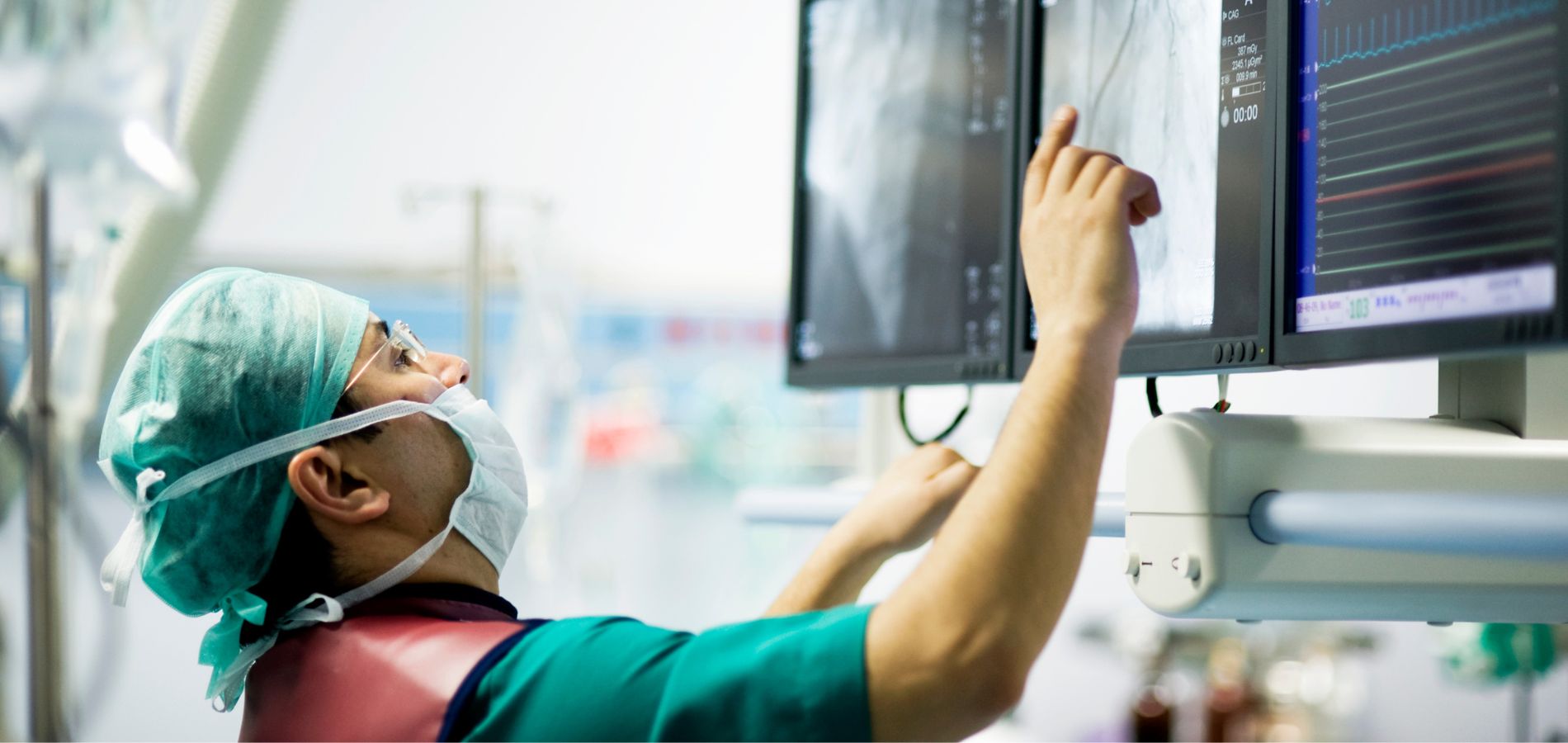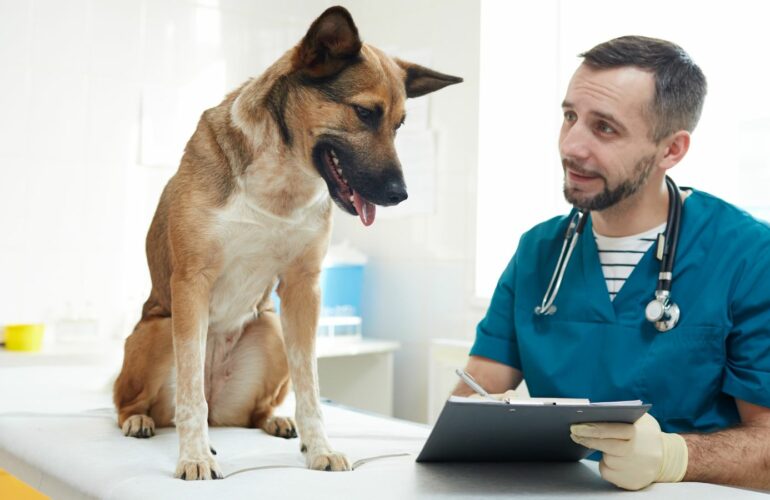For radiologists in the UK, managing tax responsibilities is essential given the complexities of employment arrangements and varying sources of income. This guide aims to assist radiologists in understanding their tax obligations, maximising deductions, and ensuring compliance with UK tax laws.
Determining Tax Status:
Radiologists in the UK may have different tax statuses based on their employment arrangements. Understanding whether you are employed, self-employed, or a combination of both is crucial for accurate tax assessment and compliance.
Documentation and Record-Keeping:
Keeping detailed records is vital for fulfilling tax obligations. Radiologists should maintain records of income, expenses, and deductions, including invoices, receipts for equipment, professional memberships, and continuing education expenses. Organising these documents systematically facilitates tax filing and ensures compliance with HM Revenue & Customs (HMRC) requirements.
Income Reporting:
Radiologists must report all income sources, including earnings from employment, locum work, and any additional income streams. Ensuring accurate income reporting on tax returns helps avoid penalties for underreporting.
Deductions and Allowable Expenses:
Radiologists in the UK can benefit from various deductions and allowable expenses to reduce taxable income, including:
1. Professional Expenses: Deductible expenses related to professional practice, such as professional indemnity insurance, registration fees with the General Medical Council (GMC), and membership fees for professional bodies like the Royal College of Radiologists.
2. Continuing Professional Development (CPD): Costs associated with attending CPD courses, conferences, and workshops relevant to radiology practice are typically deductible.
3. Home Office Expenses: Radiologists working from home may be eligible to claim a portion of household expenses, including rent, utilities, and internet costs, as allowable expenses.
4. Equipment and Supplies: Expenses incurred for purchasing and maintaining medical equipment, software, and supplies necessary for practice can be deducted.
5. Travel Expenses: Radiologists traveling for work-related purposes, such as attending conferences or traveling between different medical facilities, may claim travel costs as allowable expenses.
6. Subscriptions and Publications: Subscription fees for medical journals, publications, and online resources directly related to professional development and research can be deducted.
Compliance and Tax Planning:
Staying compliant with UK tax regulations requires ongoing attention and strategic planning. Radiologists should stay informed about changes in tax laws and seek professional advice when necessary to optimise tax efficiency. Tax planning strategies such as pension contributions, income splitting, and utilising tax reliefs can help minimise tax liabilities.
Payment of Taxes:
Radiologists who are self-employed in the UK are required to make payments on account towards their tax bill. This involves making two payments each year, typically in January and July, based on estimated income for the current tax year.
Utilising Tax Professionals:
Given the complexity of UK tax laws, many radiologists benefit from consulting tax professionals specialising in healthcare and medical professions. Tax advisors can provide tailored advice, maximise deductions, and ensure compliance with HMRC requirements.
Navigating tax obligations is a significant aspect of financial management for radiologists in the UK. By understanding tax rules, maintaining accurate records, maximising deductions, and seeking professional advice when needed, radiologists can effectively manage their tax responsibilities while optimising their financial situation.




